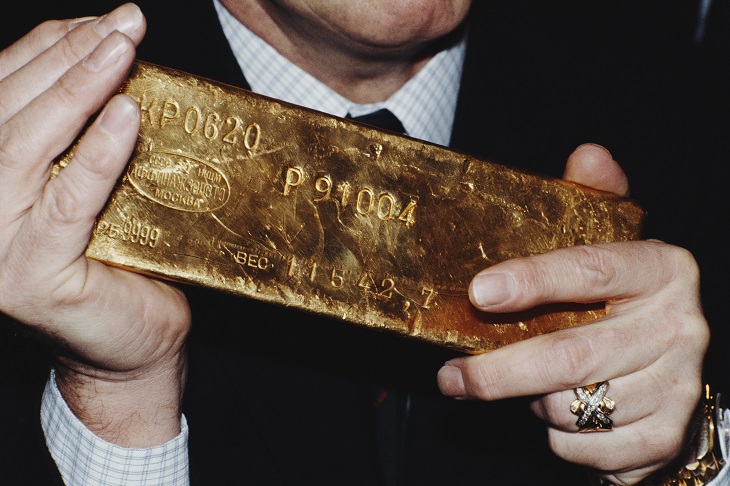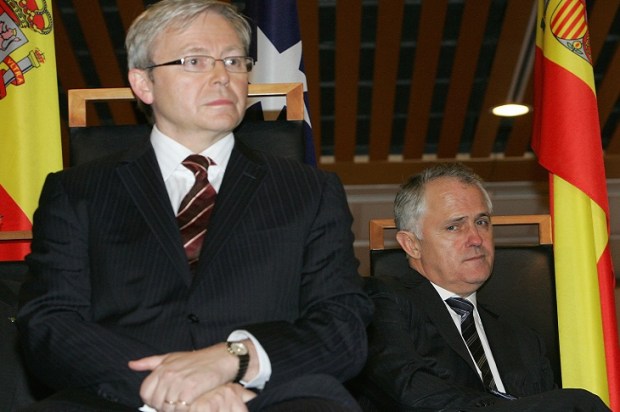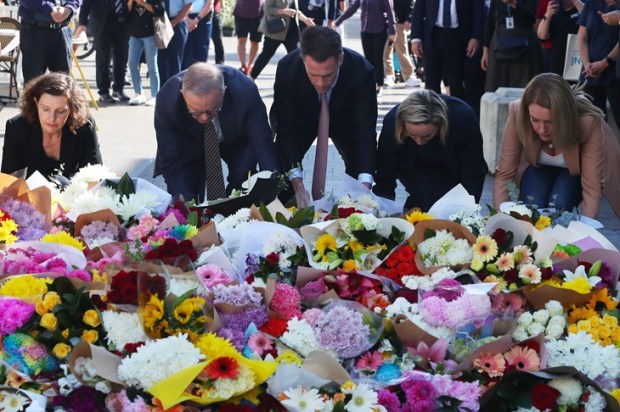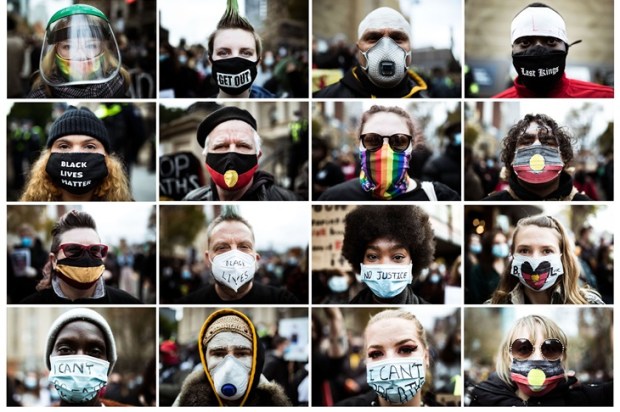Money is simply an idea. It is a shortcut to make life, not only simpler, but more dynamic. It is an agreed way to make the process of barter easier and more convenient, where barter is the exchange of goods and services between people.
Animals, of course, do not need money. They only deal in physical survival and will take what they can when they can to advance that one cause. We humans are more complicated because we implicitly and explicitly carry histories and future hopes in our hearts and minds. Thus, the idea of money helps us exchange our wealth for a much fuller range of goods and services than would otherwise be available to us.
Money is jolly useful. It is why so many people become committed to trying to have more and more of it.
What would happen if we could all simply print more money? Imagine if instead of going to the bank (online or in person), you turned on your ‘money-making machine’ each evening and printed off what you needed for the next day, week, month, or year? Such dreaming is why we have people who attempt counterfeiting, and those who try to convert rocks into gold.
The problem with these scenarios is well known. Once the idea of money is separated from actual goods and services, it is not worth as much. It is why Zimbabwe had notes with the number 1,000,000 on them (my son-in-law was half impressed when I gave him one). Zimbabwe settled down a bit financially when they replaced their currency with money that was better linked to real goods and services – the US Dollar.
Of course, the other principle that is really important for the idea of money to work is the rule of law. No one should be able to increase their wealth without increasing the value of goods and services. If someone (like a government) does make worthless cash, the value of the core unit of money would not be stable across those who used it – it is why we have currency exchange rates when we travel across national borders.
Given these basic principles of modern democratic life, why then do so many of our politicians pretend to be wealth generators? It seems like they live under the illusion that if they print more money, they are helping their people. That is nonsense because when they print more money that does not contribute to increased goods and services, they devalue their country’s money.
I heard this myth promoted a number of times on talk-back radio recently, in discussions about our upcoming election. The focus was on the amount of money being promised for pet projects, and the ‘inevitability and sense’ of massive debt. The way people spoke, they appeared to believe that we have unlimited resources to fix any problem by literally throwing more money at it without putting in the hard work to improve the physical inputs and the supporting services.
As Adam Creighton and others have pointed out, the biggest gaming of this system in recent times has been the obscene amount of money that was printed and injected into economies during the mystery years of Covid. People were given money, not to work and thus contribute to goods and services, but to simply comply with home detention. Even those who were not at much risk were fed and watered with money printed for the sake of it so that they could buy goods and services without actually contributing to society.
Of course, those with more socialist mindsets consider this good ‘social policy because we care for you’. Such expressions of pseudo-care (which is comfort without the rule of law, or justice), all depend on the myth of unlimited resources.
Adam Creighton in The Australian recently summarised some of the impacts we are currently experiencing from this foolishness:
There’s always a significant lag between the creation of new money and its reflection in prices. But if hundreds of years of economic theory mean anything, brace yourself for high inflation. The price surge shouldn’t be so dramatic in Australia, where the money supply has swollen by about 22 per cent since the pandemic, about half the rate as it has in the US, but it will still hurt.
The price of spending money this way also had international effects. Gigi Foster and colleagues, in their masterful book The Great Covid Panic, listed six areas where internationally we contributed to global development going backward because so many of us were content to be paid to stay at home. The areas they identified were childhood vaccination, education, sexual and reproductive health, food security, poverty reduction, and reducing death in childbirth. So basically, by printing money to keep people at home, globally we killed many more mothers, babies, and children while making them hungrier and poorer.
And yet our politicians persist. The current bidding war in our election is a clear demonstration of the shallowness of thinking, lack of commitment to fundamental economics that actually reflects the reality of human exchange, and disrespect of the people they say they want to serve.
The most common form of lie in this election period is what is not being said while the promises are given. The weird and wasteful Covid era has helped politicians develop ‘creeping assumption’ rhetoric, which means they are impatient in their explanations, deceitful in what they keep hidden from public view and accountability, and then they speak condescendingly to anyone who might disagree with them.
This dynamic was well summarised by one of my Australian Chinese friends who moved here from Hong Kong, and who was reflecting on the spirit of the CCP: ‘You cannot trust them. They know how to camouflage their real intent. Their DNA is lies.’
We have limited resources, but we also have massive opportunities in this land to make real contributions to humanity with these resources.
That will not happen while politicians continue to take authority over our goods and services (for example – distorting energy markets with relatively non-productive subsidies) but leaving us with the pain of being personally responsible to make life work for our families. Real care is enabling families to make their own choices about life, including how we spend our money that we have earned by contributing to our communities through our effort.
Put simply, stop giving away gifts from our pockets and take Adam Creighton’s advice: commit to less wasteful spending financed by money creation, not money printing.
Got something to add? Join the discussion and comment below.
Get 10 issues for just $10
Subscribe to The Spectator Australia today for the next 10 magazine issues, plus full online access, for just $10.


























Comments
Don't miss out
Join the conversation with other Spectator Australia readers. Subscribe to leave a comment.
SUBSCRIBEAlready a subscriber? Log in